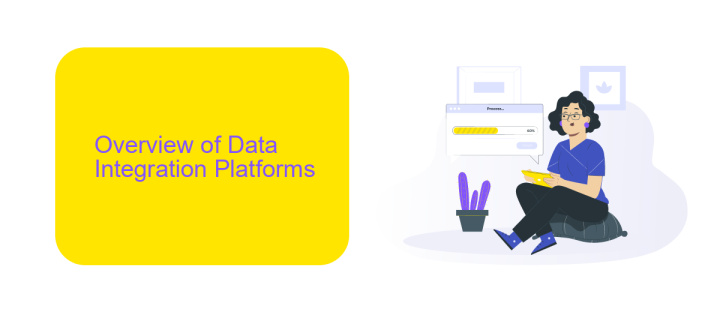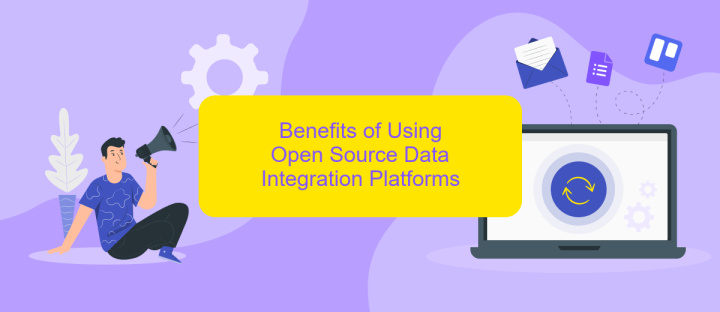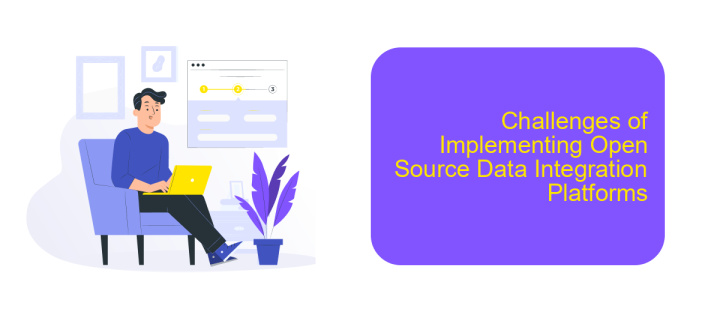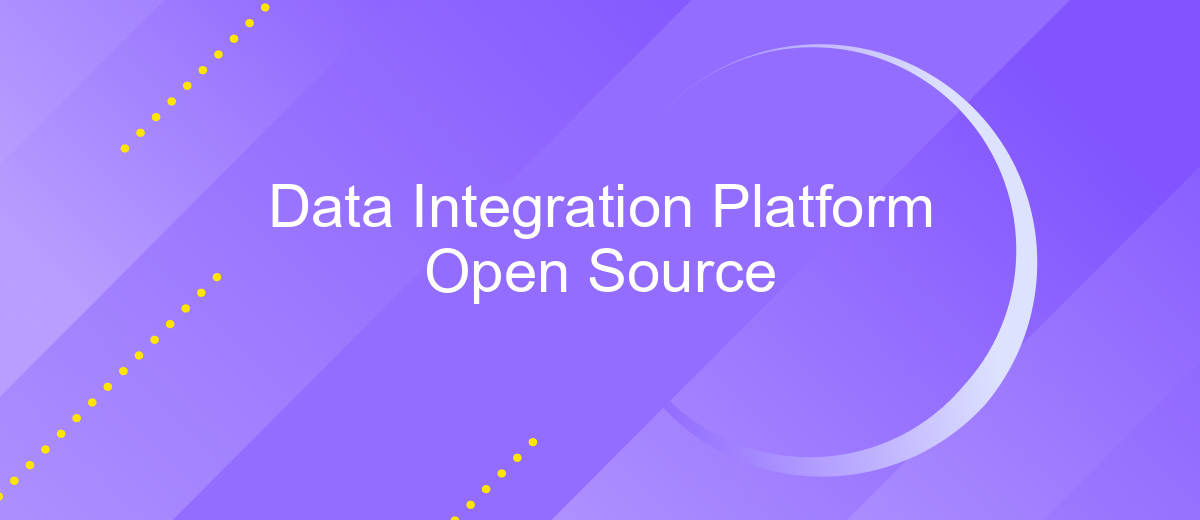Data Integration Platform Open Source
Data integration platforms are essential tools for combining data from various sources into a unified view, and open-source solutions offer a cost-effective and flexible approach. These platforms empower organizations to streamline data workflows, enhance collaboration, and ensure data consistency. In this article, we explore the benefits, features, and popular options of open-source data integration platforms, highlighting their impact on modern data management practices.
Introduction
Data integration is a critical component for businesses aiming to streamline operations and enhance decision-making processes. Open-source data integration platforms offer a cost-effective and flexible solution for managing diverse data sources and ensuring seamless data flow across various systems. These platforms empower organizations to customize their data integration processes according to specific needs without the constraints of proprietary software.
- Flexibility and Customization
- Cost-Effectiveness
- Community Support and Collaboration
- Transparency and Security
One notable tool in the realm of data integration is ApiX-Drive, which simplifies the process of connecting various applications and automating workflows. With its user-friendly interface and robust features, ApiX-Drive enables businesses to set up integrations without extensive technical knowledge, making it an ideal choice for organizations looking to optimize their data management strategies.
Overview of Data Integration Platforms

Data integration platforms are essential tools for organizations looking to combine data from different sources into a unified view. These platforms help in streamlining data management processes, ensuring data consistency, and improving data accessibility. They support various data formats and sources, including databases, cloud storage, and APIs. By providing a centralized system for data integration, these platforms enable businesses to make informed decisions based on comprehensive and accurate data.
Open source data integration platforms offer flexibility and cost-effectiveness, making them an attractive option for many organizations. They allow customization to meet specific business needs and often have active communities that contribute to their development and improvement. Tools like ApiX-Drive simplify the integration process by offering pre-built connectors and an intuitive interface, enabling users to set up integrations without extensive technical knowledge. This reduces the time and effort required to synchronize data across multiple systems, enhancing overall operational efficiency.
Benefits of Using Open Source Data Integration Platforms

Open source data integration platforms offer numerous advantages for businesses looking to streamline their data management processes. These platforms are not only cost-effective but also provide flexibility and scalability, making them ideal for organizations of all sizes.
Here are some key benefits of using open source data integration platforms:
- Cost Savings: Open source solutions eliminate the need for expensive licensing fees, allowing businesses to allocate resources more efficiently.
- Customization: With access to the source code, companies can tailor the platform to meet their specific needs, enhancing functionality and performance.
- Community Support: Open source platforms benefit from active communities that contribute to continuous improvement, provide support, and share best practices.
- Interoperability: These platforms often support a wide range of data sources and formats, facilitating seamless integration across different systems.
- Scalability: Open source solutions can grow with your business, easily accommodating increased data volumes and complexity.
For instance, ApiX-Drive is an excellent tool that can be integrated with open source data platforms to automate and simplify data workflows. It allows users to connect various applications and services without the need for extensive coding, ensuring smooth and efficient data operations.
Challenges of Implementing Open Source Data Integration Platforms

Implementing open source data integration platforms presents several challenges that organizations must navigate. One of the primary concerns is the complexity of setup and configuration, which often requires specialized knowledge and skills. Additionally, ensuring compatibility with existing systems can be a significant hurdle, as open source solutions might not always seamlessly integrate with proprietary software.
Another challenge is the ongoing maintenance and support. Unlike commercial solutions, open source platforms may lack dedicated customer support, leaving organizations to rely on community forums and documentation. This can be time-consuming and may not always provide timely solutions to critical issues.
- Complex setup and configuration
- Compatibility with existing systems
- Lack of dedicated support
- Security and compliance concerns
Despite these challenges, tools like ApiX-Drive can help simplify the integration process by providing a user-friendly interface and pre-built connectors for various applications. By leveraging such tools, organizations can mitigate some of the complexities associated with implementing open source data integration platforms, making the process more manageable and efficient.


Conclusion
In conclusion, open-source data integration platforms offer a versatile and cost-effective solution for organizations seeking to streamline their data processes. These platforms not only provide flexibility and customization but also foster a collaborative environment where improvements and innovations are continually made by a community of developers. By leveraging these tools, businesses can achieve seamless data integration, ensuring that their operations run smoothly and efficiently.
Furthermore, services like ApiX-Drive enhance the capabilities of open-source platforms by simplifying the setup of integrations. ApiX-Drive's user-friendly interface and extensive library of pre-built connectors enable organizations to quickly and effortlessly link various applications and data sources. This synergy between open-source platforms and integration services ensures that companies can adapt to evolving data needs, maintain data integrity, and drive informed decision-making. Ultimately, the adoption of open-source data integration platforms, complemented by services like ApiX-Drive, empowers businesses to harness the full potential of their data ecosystems.
FAQ
What is a Data Integration Platform?
Why should I use an open-source Data Integration Platform?
How does an open-source Data Integration Platform ensure data security?
Can I automate data integration processes using an open-source platform?
What are the common challenges of using an open-source Data Integration Platform?
Time is the most valuable resource in today's business realities. By eliminating the routine from work processes, you will get more opportunities to implement the most daring plans and ideas. Choose – you can continue to waste time, money and nerves on inefficient solutions, or you can use ApiX-Drive, automating work processes and achieving results with minimal investment of money, effort and human resources.

